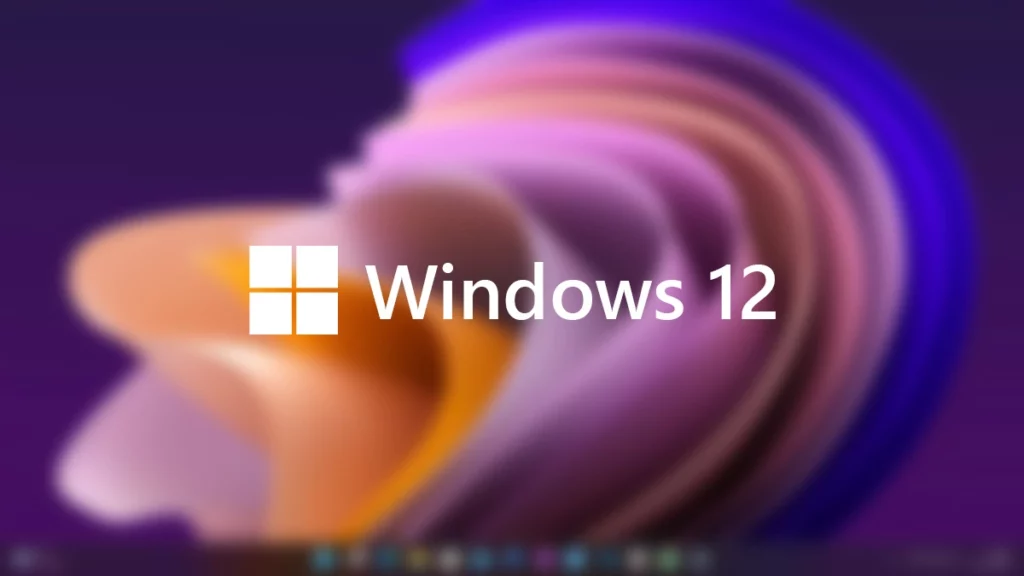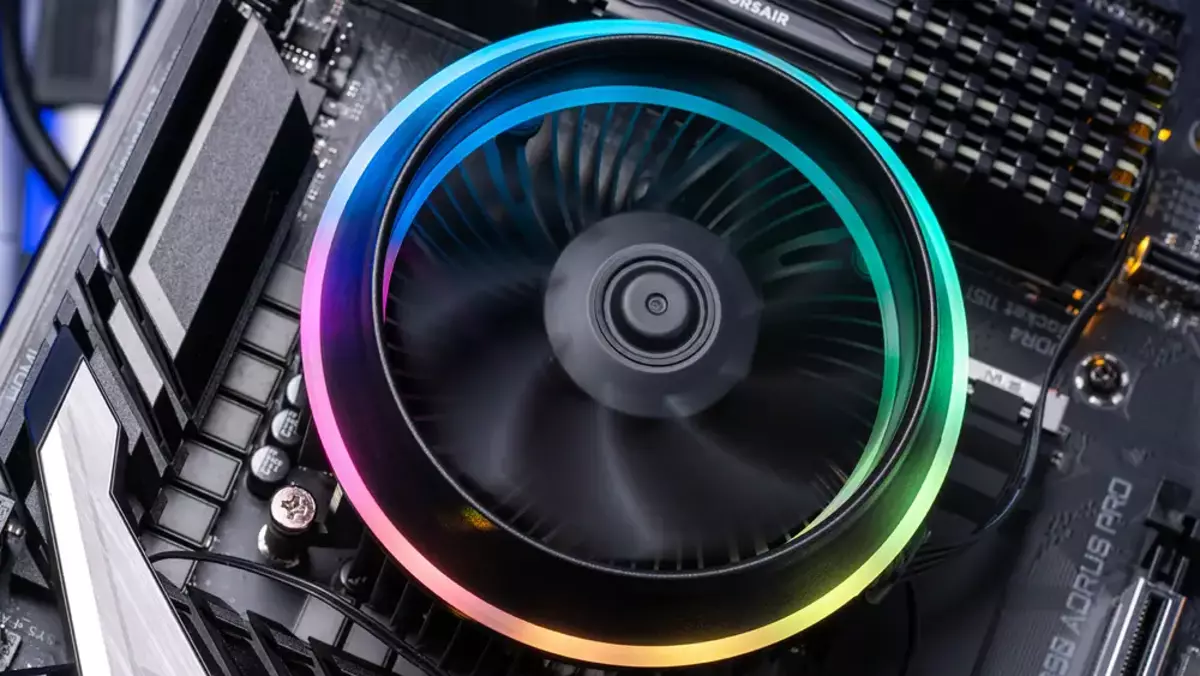According to rumors, Windows 11 could be the operating system with the shortest time on the market. Windows 12 is set to arrive in 2024 and will integrate artificial intelligence. By including this technology Windows 12 also brings bad news for the overclocking community and enthusiasts.
The expected launch of the new Windows appears to integrate AI technology at all levels. The rumors suggest that it will be able to adjust in real-time in order to optimize the computer performance. Using Microsoft’s track record there’s a fear that instead of improving performance, it might end up actually worsening it. The use of AI will likely spell the end of overclocking in Windows 12. This is a very popular practice among users who want to squeeze extra power from certain devices. Intel has been cautious about this practice and the new Windows could directly suppress the technique completely.

Windows 12 will mark the end of overclocking
It’s important to understand what overclocking is and why Windows 12 may end it up. Overcloking involves increasing the clock frequency of the processor and graphics card allowing for additional performance. You can usually do it in order to extend the lifespan of the installed components.
All indications suggest that Windows 12 will incorporate artificial intelligence into the core, or at least, grant it significant powers. This can mean the possibility to modify various parameters in real-time, aiming to provide the user with the best performance for each situation.
Right now, processors and graphics cards already perform a similar action. They have a base frequency for when they’re at rest and the boost frequency under load. Both components operate within these two frequencies and deliver the maximum output, while staying within the temperature range limits.
The practice carried out by the processor could be done by the operating system in Window 12 and the potential AI. It could be a modification of the working frequency even when you set it manually. The adjustments we do manually may be overwritten to protect the components according to the IA interpretation.
Another possibility is that the AI prevents reaching the frequency we set. It might adhere to the frequency tablet that Intel or AMD establish and limit the performance to those values. This means nullifying the overclocking objective. However, we are still lacking concrete information. It’s only speculation about the new security measures that Microsoft will include.
Is overclocking a worry?
It really depends on the manufacturer. For AMD it’s not a major concern. Their processors are already pushed to the limit from factory, leaving little room from improvement in this regards. But Intel processors are different. They still have room for a 0.3-0.6 GHz increase.
Intel is wary of the overclocking practice for numerous reasons. It can affect the security and integrity of the processor by forcing the frequency. It can extend the lifespan of their computers by a few months, and this can affect the sales of new devices. So Windows 12 can be the Microsoft solution for overcloking enthusiasts.

